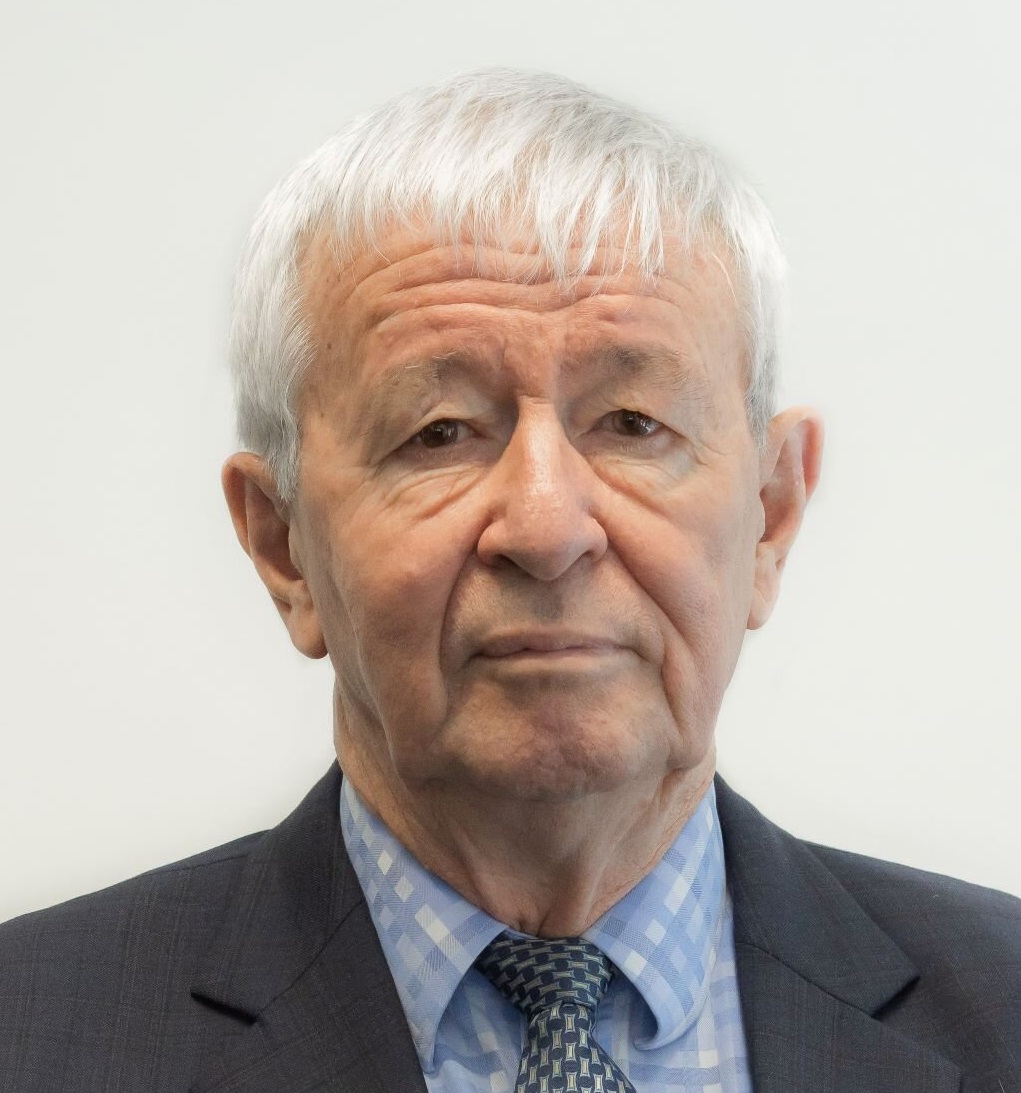Overview
The criminal justice system – consisting of, to a significant extent, the conduct of criminal trials – is distinctly adversarial in character. Appearing as counsel in such a trial includes a right of objection to (inter alia) viva voce or documentary evidence sought to be adduced. As to such right, counsel need consider carefully – and, to the extent possible, proactively – whether, when, why and how such objection ought be made, or responded to.
Usually the objection arises where counsel – whether or not deliberately – is attempting to elicit inadmissible evidence from a witness, whether in evidence in chief or cross-examination, or asks an inappropriate question. Objection may be taken, also, to non-responsive evidence provided by a witness, evidence outside the expertise of an otherwise expert witness, an inapt intervention question asked by the trial judge or to an inaccurate or inappropriate statement made by counsel in court address.
That list is not exhaustive, but it highlights the need for counsel to be alert throughout the course of trial – and to be ready to respond with apt immediacy – to anything said by their client’s witnesses, the opponent’s witnesses, opposing counsel or the judge, together with the documents sought to be tendered. Thorough preparation by counsel – with critical attention afforded to the client’s case theory and germane evidentiary principles – is the touchstone for optimal outcome.
When might you make an objection?
Do not make objections unless they are important.
For example, your opponent may ask leading questions on matters that are not in dispute. It will frustrate both your judge and the jury if you object to matters that are introductory, immaterial or uncontentious. Further, it is inappropriate to object, without a proper foundation, in an attempt to disrupt the flow of evidence.
There might be occasions when, strictly speaking, the evidence is not admissible yet there are reasons that you may choose not to object. Examples include:
- The evidence given might suit your case theory or purposes.
- The evidence is not contested.
- The evidence, while hearsay, is not being led for the truth of its contents.
Objections should never be personal attacks on your opponent. However, it may be necessary to object to things said by them. An example might include where your opponent is adding their own personal commentary in response to, or in asking, a question of a witness.
It is important to master the rules of evidence, so you know when and what questions are permitted or disallowed under the relevant legislation. You will lose all credibility with the judge, and jury, if you object to a permissible question because you do not know the law or if you do not object to a prohibited question and a judge needs to intervene.
It will frustrate both your judge and the jury if you object to matters that are introductory, immaterial or uncontentious. Further, it is inappropriate to object, without a proper foundation, in an attempt to disrupt the flow of evidence.
Common instances where this may occur exist under the Evidence Act 1977 (Qld). For example, questions relating to a witness’s credit may not be permitted if it is considered that the answer would not materially impair confidence in the reliability of the witness’s evidence (section 20).
You should object to an improper question asked by counsel (section 21). An improper question means one that uses inappropriate language or is misleading, confusing, annoying, harassing, intimidating, offensive, oppressive or repetitive. In having regard to whether a question falls within one of those categories, regard should be had to any mental, intellectual, physical impairments of the witness, or in having regard to their education, age or for cultural reasons.
Prohibited questions might include;[1]
- Seeking to cross-examine a complainant about their sexual history without leave of the court (Criminal Law (Sexual Offences) Act 1978 (Qld), section 4).
- Seeking to introduce a witness’s criminal conviction in contravention of the Criminal Law (Rehabilitation of Offenders) Act 1986 (Qld).
- Seeking to cross-examine a defendant about a previous version, where the statement was otherwise properly admissible in the Crown case but had not been led by the Crown (see R v Soma [2003] 212 CLR 299).
- Where a party seeks to discredit their own witness by introducing ‘bad character’ evidence (Evidence Act 1977 (Qld), section 17)
Other examples of questions that would prompt your objection include:
- Repetitive questions, where the witness has clearly and unequivocally answered it previously.
- Double-barrelled questions, or questions that contain multiple propositions requiring response.
- Seeking to have the witness to speculate.
- If the question misquotes previous evidence, or something recorded in a statement or transcript.
- Asking an accused why the complainant would ‘make up’ the allegation.
What if you want to object to something said by your opponent in their opening or closing address to a judge or jury?
It is likely to be rare that you would interrupt another party’s address to object, whether it be their opening or closing statement unless it was likely to cause a mistrial and your objection might prevent that course. In most circumstances, it would be appropriate to wait until the conclusion of their address to raise your objection with the judge. Depending on the occasion, and whether a break allowed it, you might consider raising it with your opponent personally and allowing them the opportunity to correct it themselves.
You will lose all credibility with the judge, and jury, if you object to a permissible question because you do not know the law or if you do not object to a prohibited question and a Judge needs to intervene.
How do you make an objection?
You should stand up and clearly advise the court you are making an objection.
At that stage, it is preferable to outline, in brief, why you are making the objection. Examples might include;
- Your Honour, I object to my learned friend seeking to lead hearsay evidence.
- Your Honour, I object to my learned friend leading the witness.
- Your Honour, I object to the witness providing their opinion.
It may be on making the objection in that form, your opponent immediately concedes the error, or the judge rules on the matter immediately. If that does not ensue, you need to be ready to fully argue why you say the question or answer given is inappropriate or inadmissible.
It is important at this juncture to consider whether the jury, and the witness, should be excluded from the courtroom while the substance of the objection is argued. You might simply articulate to the judge “Your Honour, given the argument I seek to make it would be appropriate that it occur in the absence of the jury.”
As the objector, you should argue your position first and then sit down while your opponent makes their response. Do not interrupt the opponent’s articulation of a response. You can reply if there is a misstatement of law or fact.
There may be circumstances where it is intimated by the judge that you should withdraw your objection, or query whether you wish to maintain it.
If you are confident in your argument, you should seek to have the judge rule on your argument. In doing so, you will preserve your position, should it be necessary, at any subsequent hearing or appeal.
How do you respond to an objection?
If your opponent objects to your question or witness’s evidence, you should sit down when the objection arises.
You should immediately be in a position to respond to the objection. As the advocate who asked the question, you should know why it was an appropriate question or why the answer was admissible. If the question was poorly framed, or the answer inadmissible, then the appropriate concession should be made.
If objections are made to you leading the witness on matters that are not in dispute, you might respond “I had not understood those matters were not in issue, but I’ll desist from asking leading questions.”
Avoiding unnecessary objection
Counsel should be invested in ensuring that trials are run efficiently. Any matters that can be attended to in advance of the hearing should be.
It might be that when you review the brief of evidence there are matters contained in witness statements, recordings or evidence itself that you determine are not admissible. It would be inefficient not to speak to your opponent in advance about these matters. Raising matters during the trial, that could have been dealt with or argued properly in advance will frustrate the judge and the jury who will be faced with constant interruptions in the presentation of the evidence.
In preparing matters you might consider asking your opponent what evidence they intend to lead in their case or specifically raising your objection in advance. For example “I would object to you leading paragraph [27] of witness Jane Smith’s statement.” Even more so if you intend on objecting to the competency of a witness or their expertise. If there is disagreement at that point, the disagreement is appropriately dealt with at a pre-trial hearing prior to the trial commencing.
Objecting to Questions by the Judge
It is a central part of a trial judge’s role to ensure that the trial is conducted fairly. A trial judge is entitled to intervene in the questioning of a witness where the form of the questioning is such that it involves unfairness to the witness.[2]
It will be rare that a trial judge will go beyond those parameters, however, you should be aware of the principles that underpin the stated rule.
You should immediately be in a position to respond to the objection. As the advocate who asked the question, you should know why it was an appropriate question or why the answer was admissible.
In R v Matthews[3] the Victorian Court of Appeal considered the authorities and developed the following propositions apropos of judicial intervention in trials:
“(1) Whilst a large number of interruptions must put this Court on notice of the possibility of a denial of justice, mere statistics are not of themselves decisive;
(2) The critical aspect of the investigation is the quality of the interventions as they relate to the attitude of the judge as might be observed by the jury and the effect that the interventions have either on the orderly, proper and lucid deployment of the case for the defendant by his advocate or upon the efficacy of the attack to be made on the defendant’s behalf upon vital prosecution witnesses by cross-examination administered by his advocate on his behalf;
(3) In analysing the overall effect of the interventions, quantity and quality cannot be considered in isolation, but will react the one upon the other; but the question which is proposed ultimately for this court is ‘Might the case for the defendant as presented to the jury over the trial as a whole, including the adducing and testing of evidence, the submissions of counsel and the summing-up of the judge, be such that the jury’s verdict might be unsafe?”
In R v Brdarovski[4] Nettle JA – sitting as a member of the Court of Appeal of Victoria before appointment to the High Court – acknowledged the essentially subjective nature of any conclusion that the line has been crossed, but identified certain judicial conduct that was definitely over that line, wherever it was drawn:
Sometimes, it is a nice question whether a trial judge should ask any questions of a witness and if so how far they should go. At such points, views are liable to differ. But, whatever differences in views there may be at the margin, there should be no doubts about the basics. It is not part of the functions of a trial judge to endeavour to fill gaps in a Crown case; nor to ask questions of an accused or any other witness in order to raise an issue which the Crown and the accused have left alone; nor to ask leading questions of an accused or any other witness in an endeavour to throw doubts upon the witness’s credit, particularly if the witness is the accused.
An objection to a question of a trial judge must be approached with appropriate circumspection.
There is nothing wrong with a trial judge asking questions designed to clear up answers that may be equivocal, uncertain, or within reason, to identify matters that may be of concern to the judge themselves.[5]
However, if the line is crossed by the trial judge, then objection should be taken. If such an objection is taken, you should be in a position to clearly articulate both the basis of objection and the legal foundation that supports it.
[Look out for the next in this series that will deal with Openings and Leading Evidence]
[1] This should not be considered an exhaustive list.
[2] R v Clancy [2022] QCA 162 at [24].
[3] (1984) 78 Cr App R 23, p.32-33. Cited with approval in R v Clancy. Op. Cit and R v Barker [2023] QCA 117 at [36].
[4] (2006) 166 A Crim R 366 at [25]. Cited in Nwagbo v The Queen [2021] VSCA 93 at [26].
[5] R v Esposito (1998) 45 NSWLR 442, p.472.




